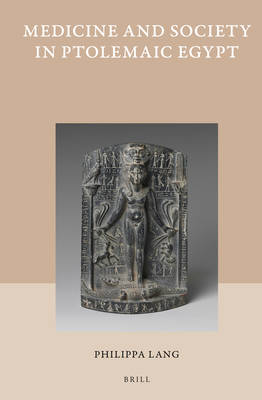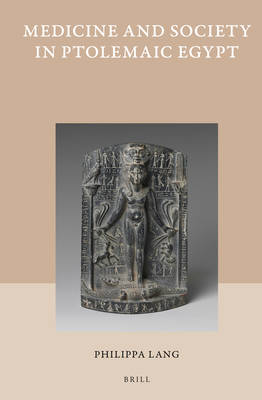
- Afhalen na 1 uur in een winkel met voorraad
- Gratis thuislevering in België vanaf € 30
- Ruim aanbod met 7 miljoen producten
- Afhalen na 1 uur in een winkel met voorraad
- Gratis thuislevering in België vanaf € 30
- Ruim aanbod met 7 miljoen producten
Zoeken
Omschrijving
Current questions on whether Hellenistic Egypt should be understood in terms of colonialism and imperialism, multicultural separatism, or integration and syncretism have never been closely studied in the context of healing. Yet illness affects and is affected by nutrition, disease and reproduction within larger questions of demography, agriculture and environment. It is crucial to every socio-economic group, all ages, and both sexes; perceptions and responses to illness are ubiquitous in all kinds of evidence, both Greek and Egyptian and from archaeology to literature. Examing all forms of healing within the specific socioeconomic and environmental constraints of the Ptolemies' Egypt, this book explores how linguistic, cultural and ethnic affiliations and interactions were expressed in the medical domain.
Specificaties
Betrokkenen
- Auteur(s):
- Uitgeverij:
Inhoud
- Aantal bladzijden:
- 332
- Taal:
- Engels
- Reeks:
- Reeksnummer:
- nr. 41
Eigenschappen
- Productcode (EAN):
- 9789004218581
- Verschijningsdatum:
- 7/12/2012
- Uitvoering:
- Hardcover
- Formaat:
- Genaaid
- Afmetingen:
- 155 mm x 235 mm
- Gewicht:
- 653 g

Alleen bij Standaard Boekhandel
+ 494 punten op je klantenkaart van Standaard Boekhandel
Beoordelingen
We publiceren alleen reviews die voldoen aan de voorwaarden voor reviews. Bekijk onze voorwaarden voor reviews.








